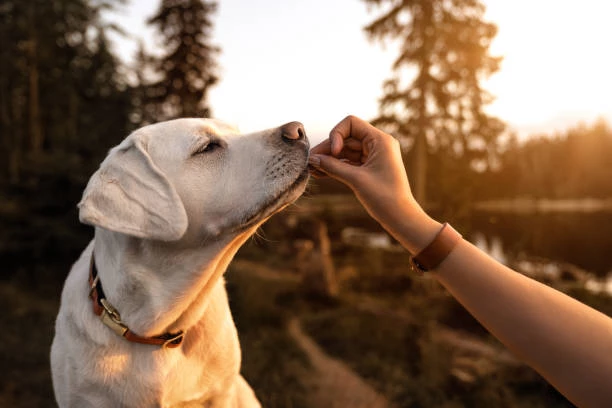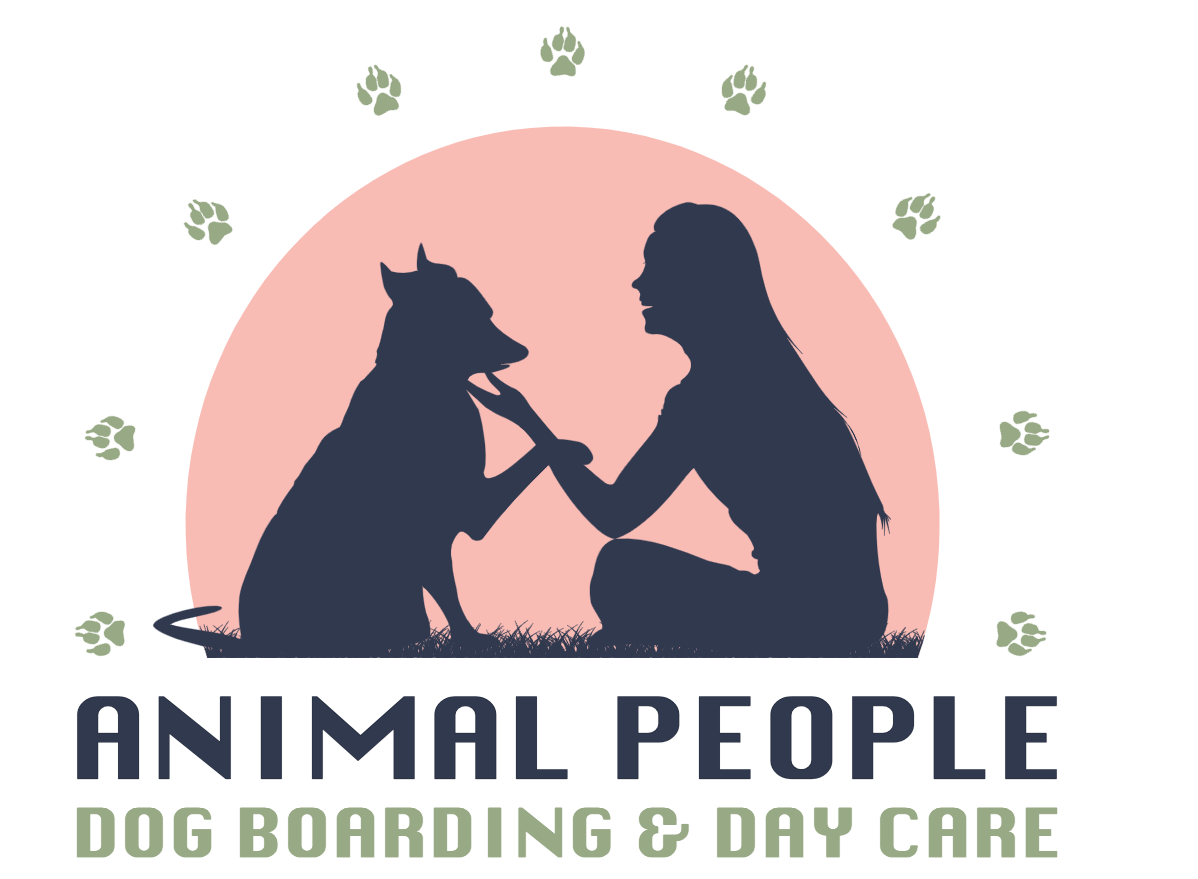Dreaming Dogs: What Overnight Boarding Staff Notice About Sleepy Behavior

When you drop your dog off for an overnight stay, it’s easy to wonder how they’re doing. Are they settling in okay? Sleeping comfortably? What many dog owners don’t realize is that overnight boarding staff often notice fascinating sleep-related behaviors that reveal a lot about a dog’s personality and habits.
Some dogs may curl up and sleep soundly right away, while others might take time to adjust, showing signs of anxiety or restlessness. Staff members see it all—the little quirks, the way a dog snoozes, and even how their sleep affects their overall mood the next day. These behaviors can give us an insight into your dog’s unique nature and help improve their experience while away from home.
How does sleep behavior change in dogs during overnight boarding?
Sleep behavior in dogs during overnight boarding can change significantly compared to their usual sleep routines at home. The new environment, unfamiliar smells, and their owners’ absence can cause physical and psychological shifts in their behavior. Here are some ways dogs’ sleep behavior changes during overnight boarding:
- Restlessness and Anxiety: Dogs new to boarding may experience anxiety and restlessness during the first few nights. They may pace, whine, or try to escape their sleeping area. This behavior typically subsides once they become accustomed to the environment and routine.
- Difficulty Settling: Some dogs, especially those more attached to their owners, may have trouble relaxing and settling into sleep. They might show signs of nervousness, such as standing up frequently or refusing to lie down.
- Deep Sleep: Once dogs feel secure, they may experience deeper, more restful sleep. They may curl up in a corner or rest with their back to the wall, signaling they feel safe. Less anxious dogs typically sleep through the night without issue.
- Sleep Disruptions: Dogs more sensitive to noise or unfamiliar surroundings may wake up frequently throughout the night, especially if other dogs are barking or moving around. They may take time to adjust to the noises of the boarding facility.
- Changes in Sleep Duration: Some dogs may sleep longer during boarding, especially if they are physically tired from the day’s activities. Others might nap sporadically, especially if they are anxious or not used to the new setting.
A dog’s sleep behavior during overnight boarding can vary depending on its temperament, the level of stress it experiences, and how quickly it adapts to the new environment. Understanding these changes can help boarding staff provide the necessary comfort to ensure a restful stay for each dog.
Why do dogs twitch or whimper while sleeping at boarding facilities?
Dogs may twitch or whimper while sleeping at boarding facilities due to various reasons related to both their physical and emotional states. Here’s why this happens:
- Dreaming: Just like humans, dogs experience Rapid Eye Movement (REM) sleep, which is the stage of sleep when dreaming occurs. During REM, their brains are highly active, leading to twitching, leg movements, or even soft whimpering. These behaviors are often harmless and part of the natural sleep cycle.
- Stress or Anxiety: If the dog is unfamiliar with being away from home or its owner, a new setting can cause anxiety or tension. Due to this emotional condition, the dog may twitch or whine during sleep, indicating anxiety or pain.
- Adjustment Period: Newcomers to the boarding facility, especially those not exposed to overnight boarding, may take time to adjust. Twitching or whimpering can signal their subconscious adjustment to the unfamiliar environment. Once they settle in, these behaviors typically decrease.
- Physical Discomfort: In some cases, physical discomfort from unfamiliar bedding or body position may lead to restlessness in sleep. Dogs may twitch or make soft noises if they are not fully comfortable.
- Social Interaction: Dogs in boarding facilities may also experience social interactions in their sleep. Whimpering can respond to the noises or movements of other dogs nearby.
While twitching and whimpering during sleep are common in dogs, they can stem from physical, emotional, and environmental factors. Understanding these responses helps ensure a comfortable and reassuring stay at boarding facilities.
What do boarding staff observe about dog sleep patterns in kennels?
Boarding staff observe a range of sleep patterns in dogs at kennels, which helps them understand each dog’s comfort level and emotional state. Here are some common observations staff make regarding dog sleep behavior in a kennel setting:
- Restlessness and Anxiety: Dogs unfamiliar with travel sleep restlessly. Staff may see dogs pacing, whining, or standing and lying down. These behaviors often signal worry or discomfort, especially in the first few nights.
- Settling Into Sleep: Once dogs become more familiar with their environment, they relax and settle into a deeper, more restful sleep. The staff often notice that, after a few days, these dogs are more likely to lie down calmly and sleep through the night.
- Sleep Duration: Some dogs may sleep longer than usual during their stay, particularly if they are physically tired from the day’s activities. Staff observe whether dogs are getting enough rest, as a well-rested dog is typically more balanced and content.
- Twitching and Whimpering: Dogs may twitch, whimper, or make noises during sleep, especially if they are having dreams or experiencing anxiety. Staff monitors these signs to ensure dogs are not overly stressed or physically uncomfortable.
- Adjustment Period: Dogs in the early stages of adjusting to the kennel may have fragmented or disturbed sleep patterns. Boarding staff monitor how long it takes for dogs to adapt and often provide extra attention during this transition period.
Observing dogs’ sleep patterns helps boarding staff monitor their comfort levels and emotional well-being, ensuring that each dog has a positive and restful experience during their stay.
Can overnight boarding affect a dog’s dreams or restfulness?
Yes, overnight boarding can affect a dog’s dreams or restfulness due to changes in their environment, routine, and emotional state. Here’s how:
- Environmental Changes: An unknown area can interrupt a dog’s sleep. The unexpected odors, noises, and settings may cause restlessness and trouble settling down. Stressed or apprehensive dogs about their new environment may have disturbed sleep cycles, disrupting their rest and nightmares.
- Stress and Anxiety: Separation anxiety and unaccustomed dogs may have altered sleep patterns. Anxiety can cause twitching, whimpering, and nighttime awakenings. These actions indicate that the dog sleeps poorly and may have heightened emotions that affect their dreams.
- Social Interactions: If the boarding facility has other dogs, the sounds and movements of surrounding animals can disturb a dog’s sleep. Dogs might twitch, growl, or move in their sleep in response to nearby noises, which could lead to fragmented dreams or restlessness.
- Adjustment Period: The first few days in a boarding facility can be especially challenging for dogs to adjust to, disrupting their sleep. Once they settle in, they may return to a more restful sleep cycle, but it can take time.
Overnight boarding can impact a dog’s dreams and restfulness, particularly if the dog is adjusting to the new environment or feeling stressed. Providing a calm, quiet environment and routine can help minimize disruptions and improve sleep quality.
Is Your Dog Ready For a Comfortable, Stress-Free Stay?
Dogs, like people, have their own sleep rituals, and boarding staff are there to notice and understand them. From comforting anxious pups to giving relaxed sleepers their space, these observations help create a better, more comfortable stay for every dog.
Whether it’s calming a restless dog or simply giving them the environment they need to sleep peacefully, understanding these behaviors is key to providing excellent care. The next time your dog stays overnight, rest assured—staff are watching out for their needs, even while they sleep.
At Animal People Dog Boarding & Day Care, we understand how important your dog’s sleep and comfort are. Let us take care of them like family. Book their stay with us today, and let them rest easy while you’re away!
